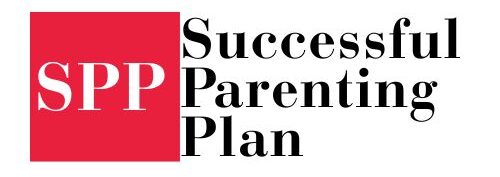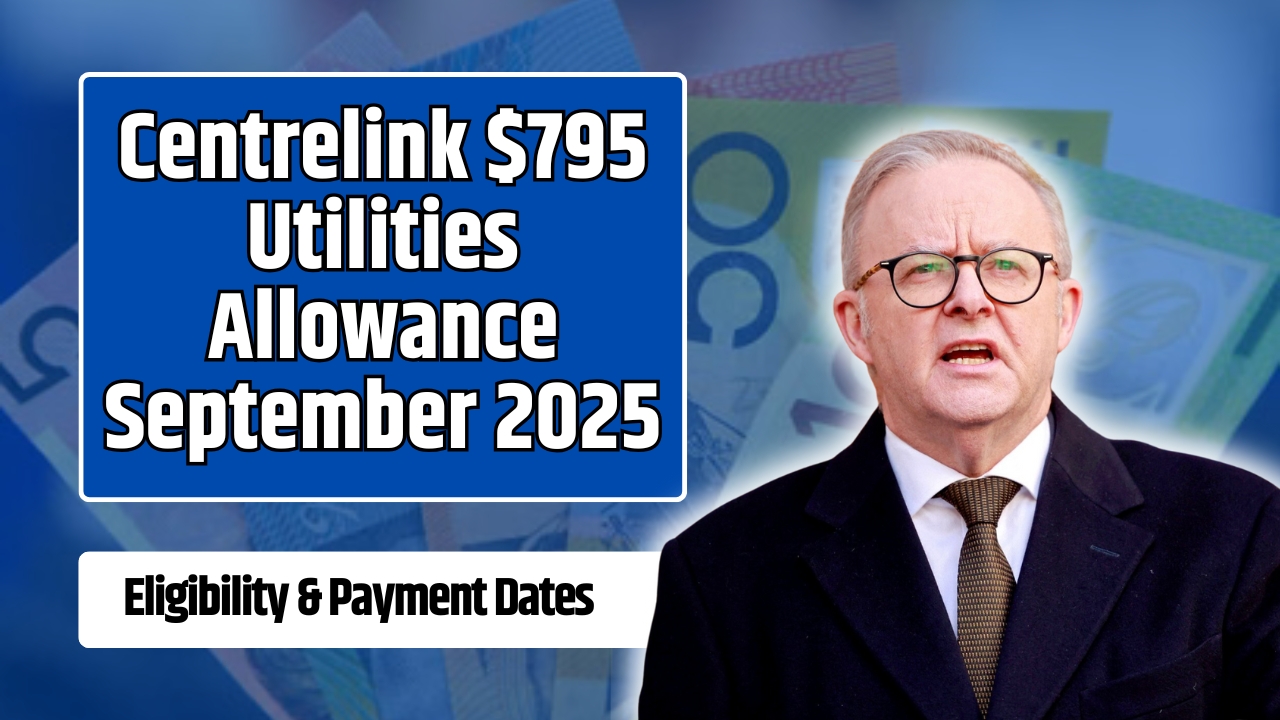Join on WhatsApp
Get the latest updates directly on WhatsApp – motivation, news & more!
Australia’s cost-of-living crunch isn’t sparing anyone, and for those on fixed or low incomes, even paying the power bill has become a balancing act. That’s why the government continues to provide the $795 Utilities Allowance in 2025 — a tax-free payment that eases the burden of electricity, gas, water, and home energy bills for pensioners and other eligible Centrelink and Veterans’ Affairs recipients.
Unlike one-off handouts, this allowance is a regular, ongoing support. Paid automatically every quarter, it ensures that eligible Australians have consistent financial backing to keep the lights on and the water running.
$795 Australia Utilities Allowance 2025 Overview
| Feature | Details |
|---|---|
| Department | Services Australia |
| Country | Australia |
| Year | 2025 |
| Total Annual Amount | $795 |
| Quarterly Installments | $198.75 each |
| Payment Dates | 20 March, 20 June, 20 September, 20 December |
| Mode | Automatic bank transfer |
| Eligibility | Centrelink/DVA recipients, Australian permanent residents |
| Official Site | Services Australia |
Who Qualifies for the Utilities Allowance?
Eligibility is tied to existing Centrelink or Veterans’ Affairs payments. You’ll generally qualify if:
- You already receive certain Centrelink benefits (such as the Age Pension, Disability Support Pension, or Carer Payment).
- You are a permanent Australian resident.
- You hold a valid Centrelink or DVA concession card.
- You keep your account and contact details current with Services Australia.
Importantly, this allowance is not counted as income and is tax-free — meaning it won’t affect other benefits or push you over income thresholds.
Benefits of the Utilities Allowance
The allowance offers more than just cash — it provides stability and predictability in uncertain times:
- Financial relief: Covers part of the rising energy, gas, and water bills.
- Automatic payments: No need for a separate claim — it’s linked to your existing benefits.
- Quarterly support: Four installments spread across the year.
- Indexed for inflation: Adjusted to keep up with living costs.
- Security for low-income Australians: A steady buffer against price shocks.
How Much Will You Receive?
For 2025, the annual payment is $795, broken into four equal quarterly installments:
| Quarter | Payment Date | Amount |
|---|---|---|
| Q1 | 20 March 2025 | $198.75 |
| Q2 | 20 June 2025 | $198.75 |
| Q3 | 20 September 2025 | $198.75 |
| Q4 | 20 December 2025 | $198.75 |
How to Claim the Utilities Allowance
Here’s the good news: you don’t have to apply separately.
- If you already get a qualifying Centrelink or DVA payment, the allowance will be automatically deposited into your nominated bank account.
- Make sure your banking and contact details in your Centrelink account are correct.
- Keep your concession card valid — expired cards can affect eligibility.
- If your payment doesn’t arrive on time, check your myGov account or contact Centrelink directly.
Common Issues and Guidance
- Missed payments? Double-check your bank details and eligibility in myGov.
- Changed banks? Update your payment info immediately to avoid delays.
- Living overseas? Payments may stop if you’re outside Australia for an extended period.
- Expired concession card? Renew it promptly to maintain eligibility.
Why It Matters in 2025
Energy prices remain volatile, and for pensioners or carers on a fixed income, even modest bills can feel overwhelming. The $795 Utilities Allowance isn’t designed to cover every cost, but it provides a reliable safety net that adds up over the year. For many households, it means choosing between heating and groceries is no longer such a tough call.
FAQs
Do I need to apply for the $795 Utilities Allowance?
No. Payments are automatic if you’re eligible through Centrelink or Veterans’ Affairs.
How often is the allowance paid?
Quarterly — four times a year in March, June, September, and December.
Who qualifies for the allowance?
Pensioners, carers, and other Centrelink/DVA benefit recipients who meet residency and concession card requirements.

